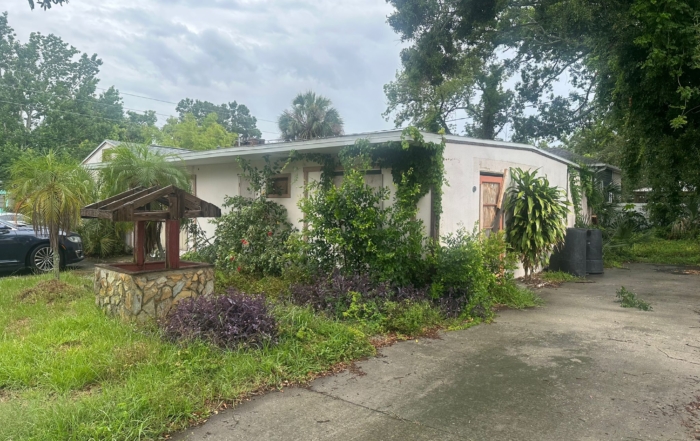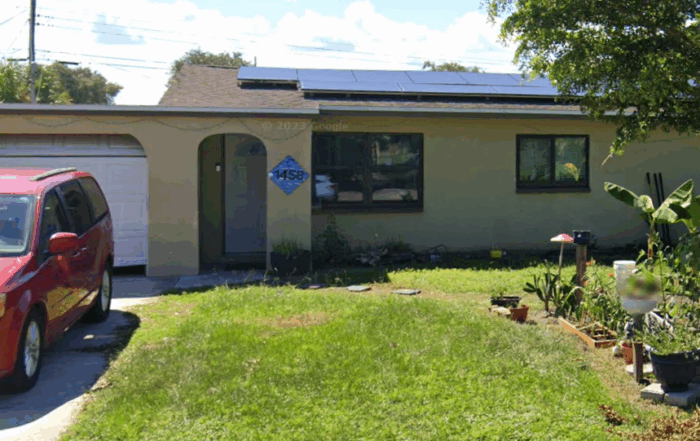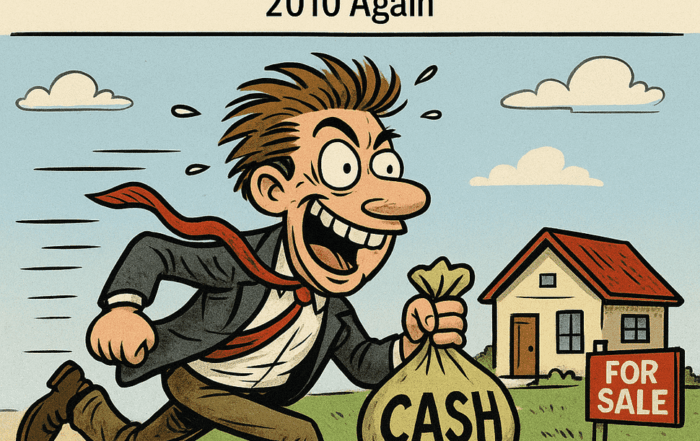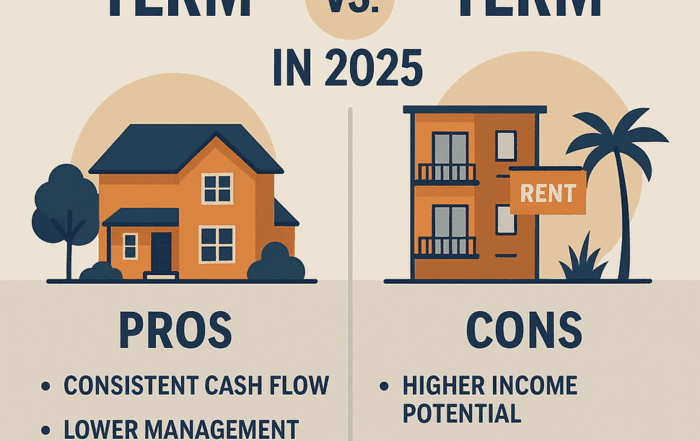
Exit Strategy for Real Estate Investors in Florida: Five Must-Know Approaches
Crafting the Perfect Exit Strategy for Real Estate Investors
Let’s be honest—real estate investing isn’t just about buying low and selling high. It’s about knowing how and when to exit with a profit (without pulling your hair out). That’s where your exit strategy for real estate investors comes into play. Whether you’re chasing cash flow from rentals or flipping for fast gains, having a solid exit plan could be the difference between celebrating and stressing out.
Here are five powerful strategies that every real estate investor—especially in Florida—should master.
1. Do the Homework: Smart Market Research Wins Every Time
Before you even pick up a hammer or call a wholesaler, start with market research. A good exit strategy for real estate investors begins with data. Knowing what the local market looks like helps you:
-
Pinpoint hot neighborhoods before they blow up.
-
Understand how much rent you can charge.
-
Spot potential red flags before they cost you money.
What Should You Look For?
-
Demographics: Are your buyers millennials, retirees, or vacation renters?
-
Local Economy: Are new jobs and companies moving in—or packing up?
-
Market Cycles: Know if you’re buying during a boom, bust, or bounce-back.
👉 Tip: Use tools like Zillow, Rentometer, and your local MLS to track trends.
2. Set the GPS: Have a Clear Game Plan
An exit strategy for real estate investors works best when it’s backed by a clear, detailed plan. Ask yourself:
-
What’s your goal? Quick cash from a flip or long-term income from a rental?
-
What’s your budget? Include purchase price, renovations, taxes, and the unexpected (hello, busted pipes).
-
What’s your ideal property? Think about location, size, and features your target buyers or renters want.
Must-Haves in Your Investment Plan:
-
Budget with Buffers: Always plan for 10–15% more in rehab and holding costs.
-
Risk Management: Know what you’ll do if a flip doesn’t sell right away.
-
Exit Flexibility: Always have a Plan B (and maybe even a Plan C).
3. Don’t Overpay—Even When It’s Tempting
Repeat after me: “The deal has to work for me.” Getting emotional in hot markets is the fastest way to mess up your real estate investor exit strategy.
Use the 70% Rule like your investing Bible:
Purchase Price = (ARV x 70%) – Repair Costs
So if a home’s After Repair Value is $200K and it needs $40K in work, offer no more than $100K.
Why Stick to the Budget?
-
Profit Protection: High purchase price = low margin.
-
Crisis Cushion: Gives you wiggle room if things go sideways.
-
Investor Discipline: The best investors say “no” more than they say “yes.”
4. Due Diligence: Don’t Get Burned by Surprises
Even seasoned investors get stung when they skip steps. Stay humble and treat every deal like it’s your first one.
Non-Negotiables for Due Diligence:
-
Inspections: Get the roof, plumbing, electrical, and foundation checked. Always.
-
Title Search: Make sure no one else has a claim to the property.
-
Zoning Checks: Don’t assume your flip can become a duplex. Ask the city first.
Staying grounded is part of a smart exit strategy for real estate investors. Shortcuts = stress.
5. Always Have a Backup Plan (Because Life Happens)
Markets change. Loans fall through. Deals take unexpected turns. A great exit strategy means you’re not stuck when things don’t go your way.
Your Plan B Could Include:
-
Renting Instead of Flipping: Can the property cash flow if the resale market tanks?
-
Partnering or Refinancing: If needed, bring someone in or hold longer.
-
Emergency Fund: Have money set aside for 3–6 months of holding costs.
Do a “rental stress test”—see if your numbers still work if you have to hold the property longer than expected.
Key Takeaways for Real Estate Investors
To build a strong exit strategy for real estate investors, focus on:
-
📊 Market Research: Know your area, tenants, and timing.
-
📝 Clear Plan: Set goals, budgets, and expectations.
-
💸 Discipline: Don’t overpay, no matter how shiny the house looks.
-
🔍 Due Diligence: Inspect everything, double-check zoning, and stay humble.
-
🔁 Backup Strategy: Be flexible and have a Plan B in place.
Final Thoughts: Exit Like a Pro
Let’s face it—buying real estate is exciting, but exiting smartly is how you win the game. A strong exit strategy for real estate investors isn’t just about one plan—it’s about flexibility, research, and making calm, calculated moves.
Whether you’re investing in Tampa, Orlando, or beyond, the principles stay the same: do the work, stay grounded, and have options. That’s how you build wealth and sleep well at night.
Written by CEO of Graystone & companies & Coach of the Property Profit Academy
Let me teach you how at propertyprofitacademy.com
OUR BEST ARTICLES
The College Rental That Nearly Schooled the Landlord: Lessons from Bradley’s Student Housing Fiasco
Jorge Vazquez2025-07-10T19:32:35+00:00July 10th, 2025|Comments Off on The College Rental That Nearly Schooled the Landlord: Lessons from Bradley’s Student Housing Fiasco
A "Safe Bet" Gone Sideways Bradley is one of those agent-investors we all admire. Sharp, experienced, hands-on, [...]
For Sale: 2601 46th St S, Gulfport, FL 33711
Jorge Vazquez2025-07-09T20:37:56+00:00July 9th, 2025|Comments Off on For Sale: 2601 46th St S, Gulfport, FL 33711
2601 46th St S, Gulfport, FL [...]
For Sale: 1458 Sea Breeze Ln, Melbourne, FL 32935
Jorge Vazquez2025-07-09T18:11:20+00:00July 9th, 2025|Comments Off on For Sale: 1458 Sea Breeze Ln, Melbourne, FL 32935
1458 Sea Breeze Ln, Melbourne, FL [...]
Opportunistic Buyers Are Back: Why Florida’s Real Estate Market Feels Like 2010 Again
Jorge Vazquez2025-07-09T01:10:13+00:00July 8th, 2025|Comments Off on Opportunistic Buyers Are Back: Why Florida’s Real Estate Market Feels Like 2010 Again
If you were around during the aftermath of the 2008 crash, you might remember that eerie silence around 2010—the [...]
Can Buying Real Estate in Florida Help You With Immigration?
Jorge Vazquez2025-07-07T18:54:31+00:00July 7th, 2025|Comments Off on Can Buying Real Estate in Florida Help You With Immigration?
Can Buying Real Estate in Florida Help You With Immigration? So you’re wondering, “If I buy a couple rental [...]
Long-Term vs. Short-Term Rentals in 2025: Which Strategy Wins?
Jorge Vazquez2025-07-07T03:10:20+00:00July 7th, 2025|Comments Off on Long-Term vs. Short-Term Rentals in 2025: Which Strategy Wins?
In 2025, the real estate world feels a little like a game show. Behind door one: long-term rentals—steady, reliable, [...]
Ready to take your real estate investing knowledge to the next level? Join our Property Profit Academy today! https://www.propertyprofitacademy.com
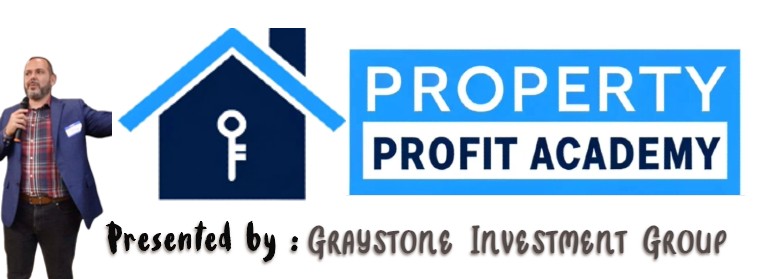
Meet our Team of Experts!
Meet Cody Bergstrom, Your Expert in Finding Deals
My team and I have over 20 years of experience in real estate. We have strong relationships with wholesalers, probate lawyers, sellers, and others in Florida. I aim to align your investments with your vision and deliver exceptional results. Contact Vanessa to schedule a meeting: https://graystoneig.com/cody

Meet Lisa Kaye Price, the LendingGig Top MLO
Lisa-Kaye Price – Real Estate Lending Specialist
With 20 years in real estate, Lisa-Kaye is dedicated to helping clients achieve their investment goals through strategic financing. She and her team focus on securing the best financing solutions to maximize leverage – a unique advantage of real estate investing.
Offering various options, including conventional loans, asset-backed and private money solutions, and programs for foreign nationals, Lisa’s expertise ensures clients get the support they need, whether buying new properties or refinancing.
Schedule a meeting with Lisa: https://graystoneig.com/lisa-kaye-price
Meet Marylyn Patankar, Your Property Manager Partner
Hello, I’m Marylyn Patankar, the Field Manager and New Client Ambassador at Graystone Property Management. I educate investors about our perks, onboard new landlord investors, and manage on-site operations. Schedule a meeting with me here: https://graystoneig.com/marylyn



